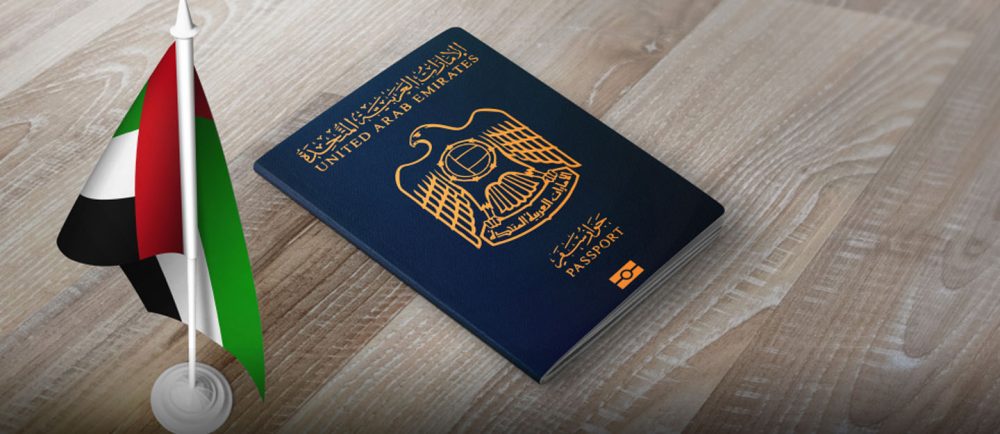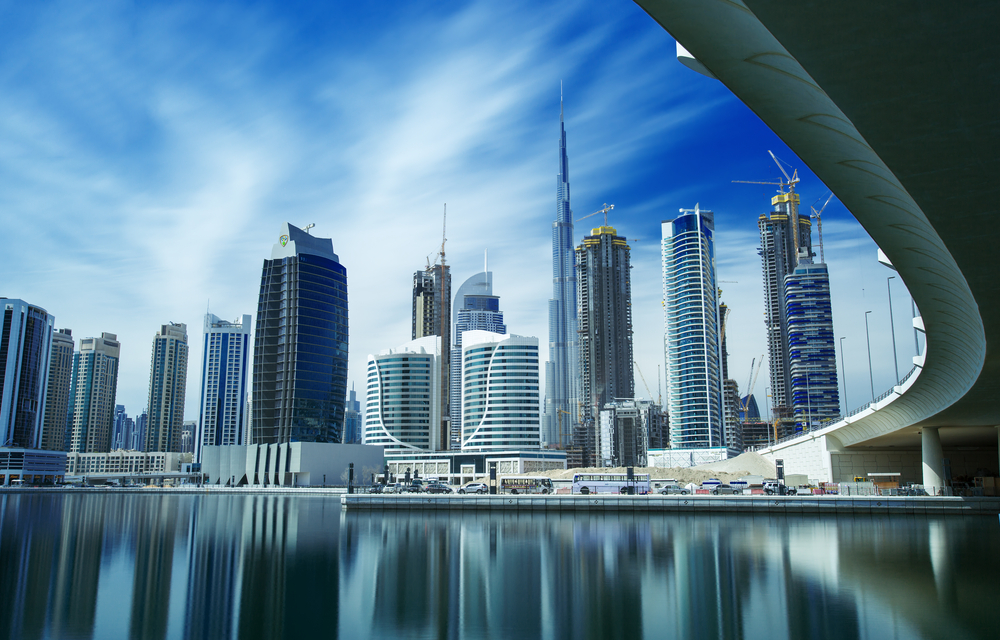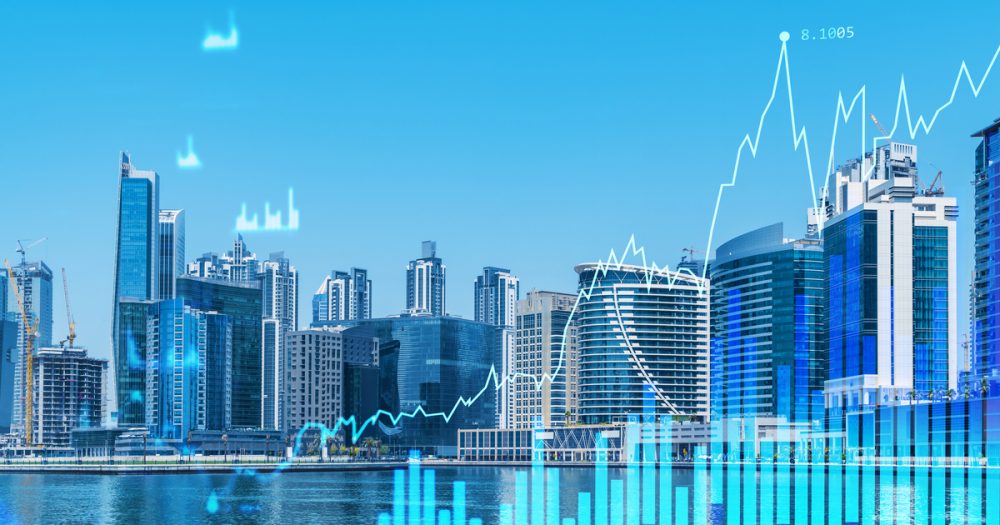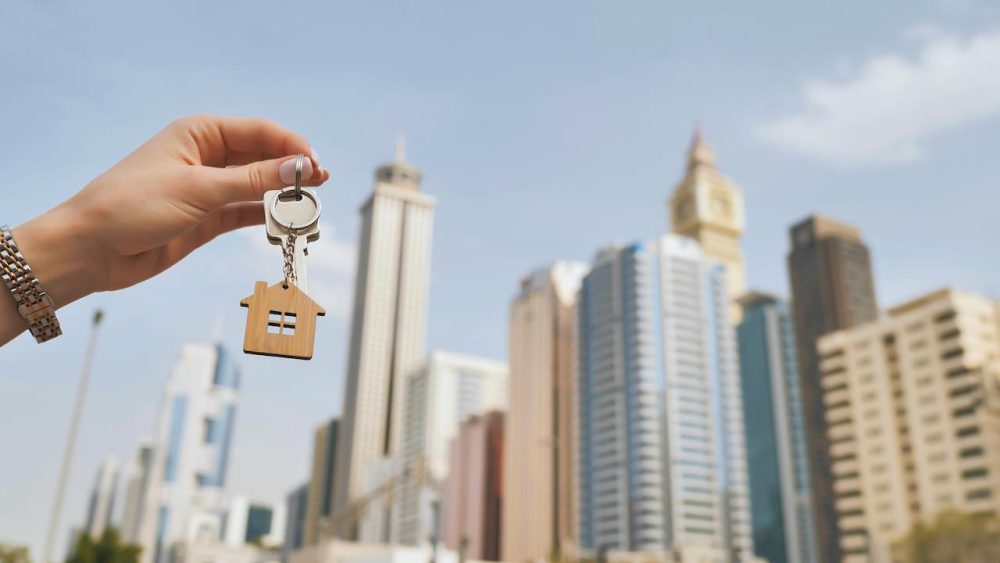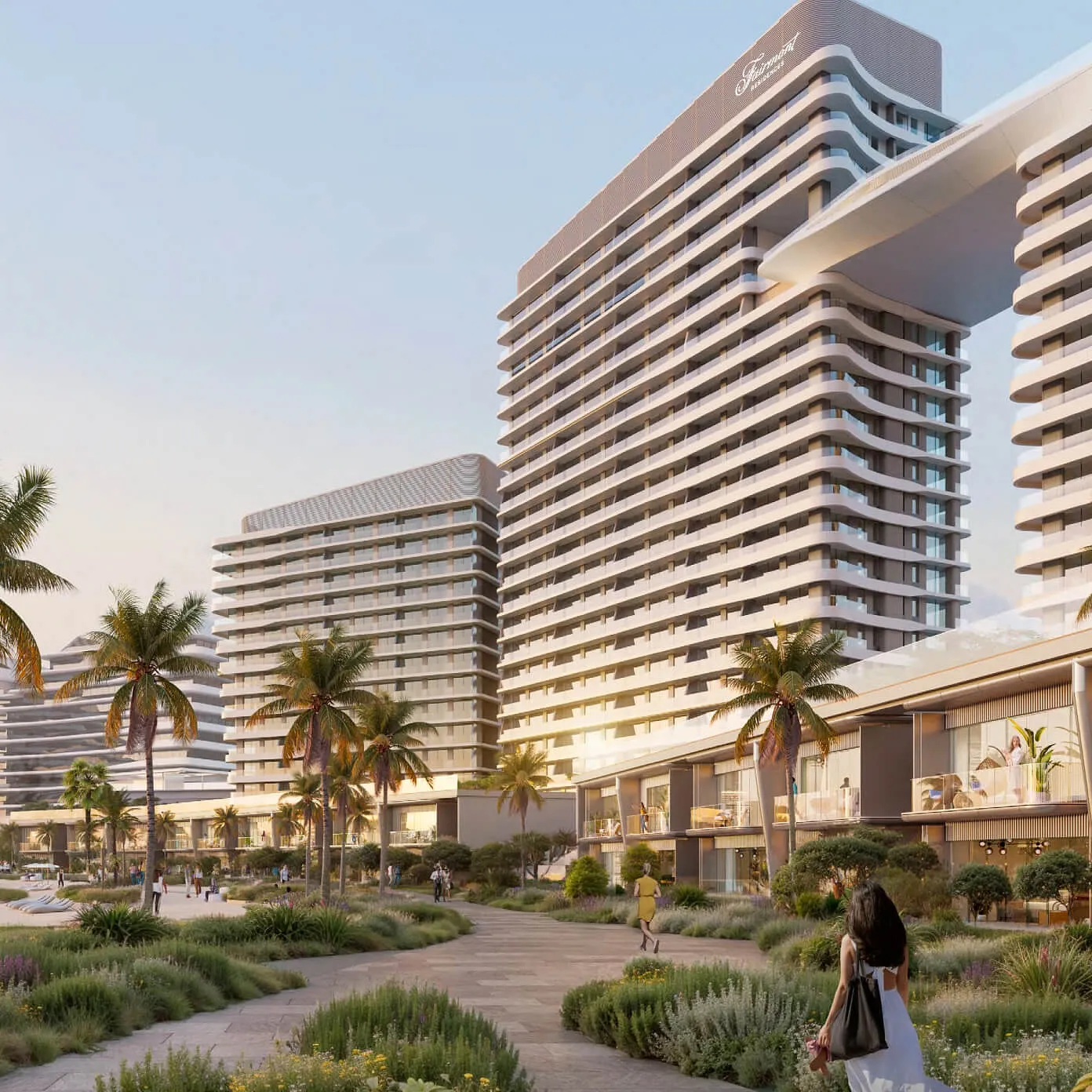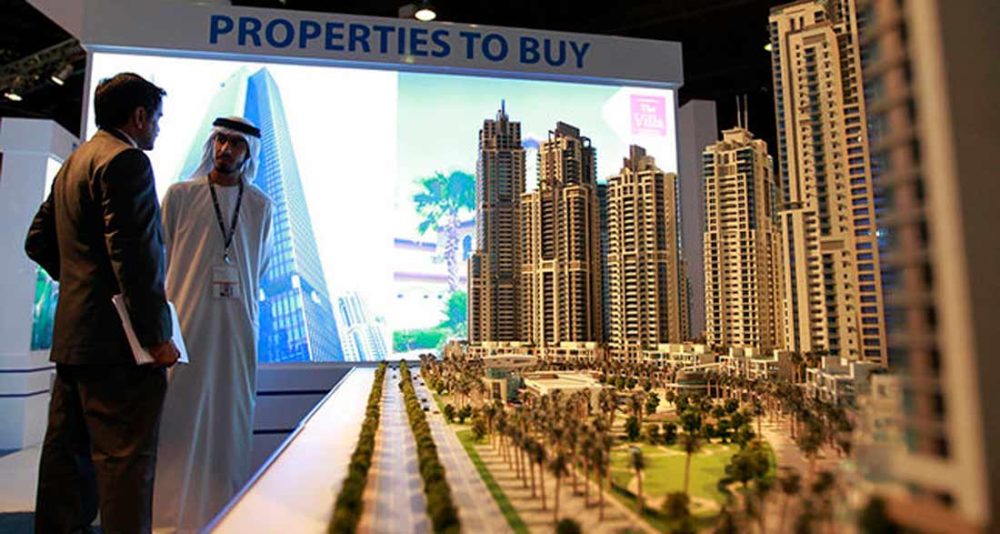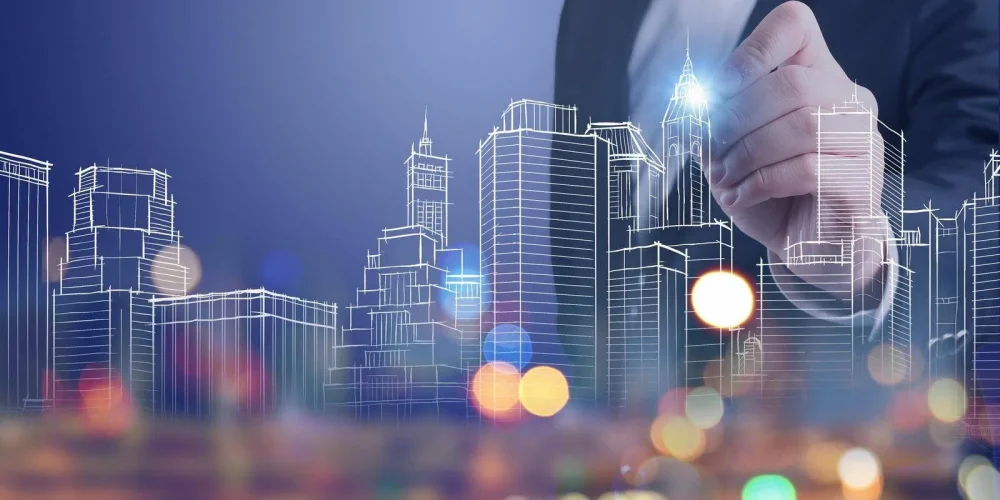The region has long established itself as one of the most promising investment centers in the world. Flexible tax legislation, large-scale infrastructure projects, and a stable influx of tourists create favorable conditions for investments.
In this article, we will discuss the key advantages, trends, and recommendations for those considering the UAE as a platform for long-term capital investments. We will also talk about the prospects of investing in commercial real estate in Dubai.
Why Invest in Commercial Properties
Dubai’s commercial real estate market continues to demonstrate active growth, attracting investors with the opportunity to earn high returns, legal transparency, and a favorable business environment. The region’s attractiveness is primarily due to the potential for returns of 10-12% annually, significantly higher than in most developed countries. There is no tax on rental income and capital gains, making investments even more lucrative.
The city has a developed infrastructure that promotes business growth, trade, and tourism. Ease of doing business, minimal bureaucratic procedures, and high liquidity of retail and office spaces make Dubai an ideal investment destination. Stable demand for rentals complements this list of advantages, as many international companies seek to establish their presence here.
Current Trends in the Commercial Sector
Each year, Dubai’s commercial real estate market adapts to changing economic conditions. One of the key trends is the growth of flexible office spaces, as coworking formats attract small and medium businesses. There is an increasing demand for warehouse complexes due to the rapid development of e-commerce, leading to the expansion of logistics infrastructure.
Another notable trend is the active development of the tourism sector. Hotels and serviced apartments generate consistently high income, making them attractive to investors. At the same time, retail spaces are expanding as the demand for retail spaces in large complexes remains stable. The influx of international companies contributes to the increased demand for business centers and office spaces.
Yield of Commercial Properties
Office spaces provide returns in the range of 7-10% annually, while shopping centers yield 8-12%. Hotels and apartments demonstrate the highest profitability, ranging from 10 to 15%, and warehouse complexes allow for earnings at a rate of 6-9% annually.
In addition to rental payments, investors can profit from the appreciation of assets, which averages around 5-10% per year.
Impact of Infrastructure on Investment Attractiveness
Dubai’s modern infrastructure plays a key role in shaping the region’s attractiveness to investors. The expansion of the metro network and road networks improves the accessibility of business districts, leading to an increased demand for office spaces. The creation of new business districts results in job growth, and investments in the tourism sector attract tenants to hotels and retail spaces.
Government support for businesses makes entrepreneurial activities simpler and more efficient. Legislation is constantly being improved, offering new incentives and stimulating the influx of foreign capital. These factors make investments in commercial real estate profitable for both local and international investors.
How to Choose a Profitable Investment Property in Dubai?
When choosing an investment property, investors should consider several factors. Location plays a crucial role, with areas like Downtown, Business Bay, and Dubai Marina being highly liquid and in demand among tenants.
It is equally important to analyze rental demand to select the most promising property. It is also necessary to consider price growth prospects: purchasing assets in developing areas can provide additional profits due to their subsequent increase in value.
Adhering to legal aspects reduces risks associated with owning and renting real estate. Working with professional agents and consultants minimizes the likelihood of errors in transactions.
Key Risks of Investments
Investors need to consider not only the prospects of investing in Dubai’s commercial real estate but also the risks:
- Possible changes in legislation that may affect ownership and rental rights;
- Market fluctuations — the value of properties depends on the economic situation in the region;
- High competition — requires effective asset management;
- Long-term planning — quick profits are not always possible.
Long-Term Market Perspectives
The development of Dubai’s commercial real estate market is largely influenced by global economic processes. In the coming years, the creation of new business zones is expected to attract large companies and increase demand for office spaces. The growth in tourist arrivals sustains high demand for hotels and retail spaces, making this sector particularly attractive to investors.
Innovative technologies also impact the market. Digitizing asset management processes reduces costs and simplifies interactions between owners and tenants. Additionally, government reforms aim to further stimulate investment inflows, facilitating transactions involving commercial real estate.
Perspectives on Investing in Commercial Real Estate in Dubai: Conclusions
High profitability, market stability, favorable tax conditions, and active infrastructure development make this region an ideal destination for long-term investments. The variety of properties — from office spaces to shopping centers and hotel complexes — allows investors to choose the most suitable option based on their strategy.





